Dhaka, Nov 24 (V7N)- The Bangladesh government is exploring the integration of the "Three Zeros Theory," developed by Professor Dr. Muhammad Yunus, into its strategy for achieving the United Nations' Sustainable Development Goals (SDGs). Policymakers believe this globally recognized model can significantly contribute to sustainable development by addressing poverty, unemployment, and carbon emissions.
The Three Zeros Theory
The "Three Zeros" framework aims to achieve:
- Zero Poverty
- Zero Unemployment
- Zero Net Carbon Emissions
The approach emphasizes youth empowerment, technological innovation, good governance, and social business to create a sustainable and inclusive economic system.
Professor Yunus, known as the father of microfinance and founder of Grameen Bank, asserts that the current economic system inherently perpetuates poverty. His theory calls for fostering entrepreneurship over conventional employment, encouraging individuals to become problem solvers and leaders in their fields.
Lamia Morshed, Principal Coordinator for SDG Affairs, revealed that workshops are being conducted to promote the Three Zeros theory among both public and private stakeholders. "We are aligning this theory with SDG activities to foster awareness and encourage voluntary adoption," she said.
Morshed also highlighted the global influence of the Three Zeros Clubs, which engage youth to embody the principles of the theory. There are currently 4,600 clubs worldwide, primarily based in universities, although their presence in Bangladesh is growing.
Social business—a concept championed by Yunus—is central to the theory's implementation. These businesses prioritize social impact over profit, with revenues reinvested into public welfare sectors like health, education, and environmental protection. Yunus advocates for entrepreneurial ventures that generate employment and address community needs, furthering sustainable economic development.
Experts believe that adopting the Three Zeros Theory could revolutionize multiple sectors in Bangladesh. Dr. M. A. Razzak, a prominent economist, emphasized the framework's potential to empower youth, enhance governance, and stimulate environmentally friendly growth. He noted, "This theory could catalyze a transformation in agriculture, technology, and entrepreneurship, unlocking a new era of economic development."
The Three Zeros concept is set to feature prominently in Bangladesh's upcoming Youth Festival in January 2025. Organizers aim to integrate sustainability themes, such as zero waste and reduced plastic use, into youth activities, potentially inspiring broader societal change.
Professor Yunus recently presented the Three Zeros Theory at the global climate conference in Baku, Azerbaijan, describing it as a blueprint for a "new civilization." He envisions a world where individuals live sustainably, embracing roles as "Three Zero Persons" who contribute to zero poverty, unemployment, and carbon emissions.
With growing national and international interest, the Three Zeros Theory offers a promising pathway for Bangladesh to achieve its SDG targets and foster a more sustainable, equitable future.
END/MSS/AJ



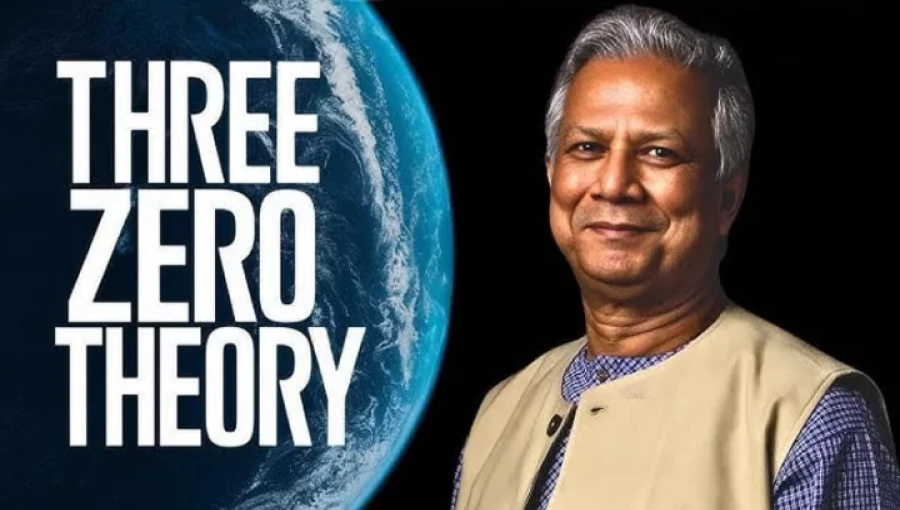
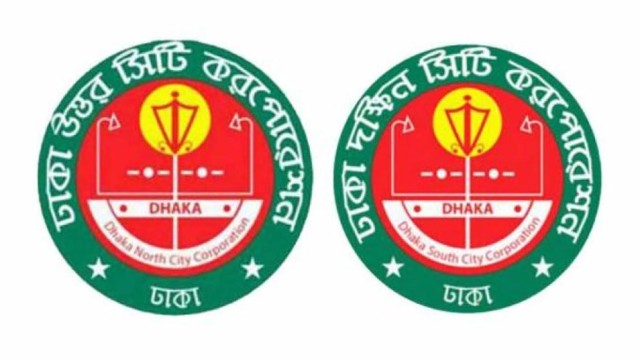
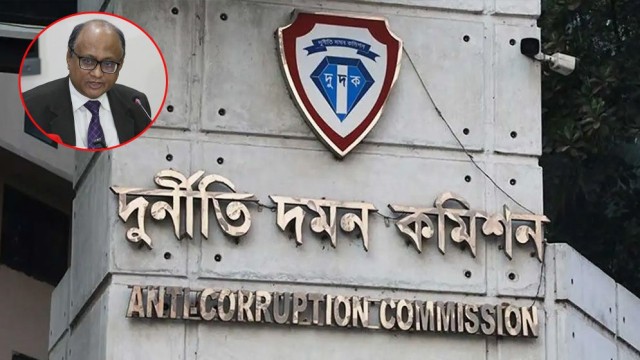

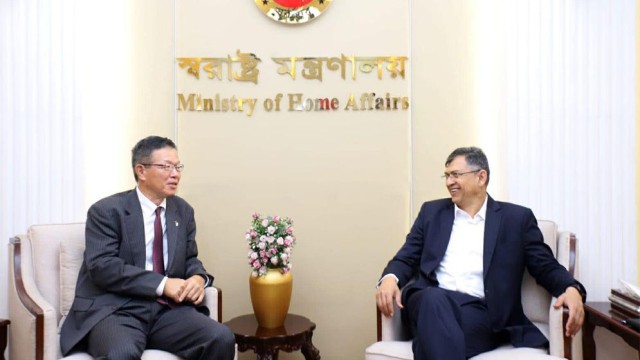
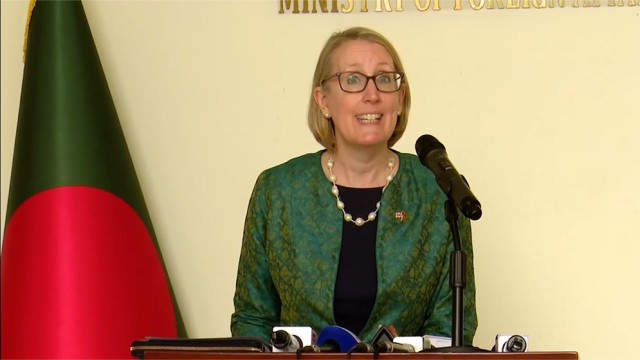
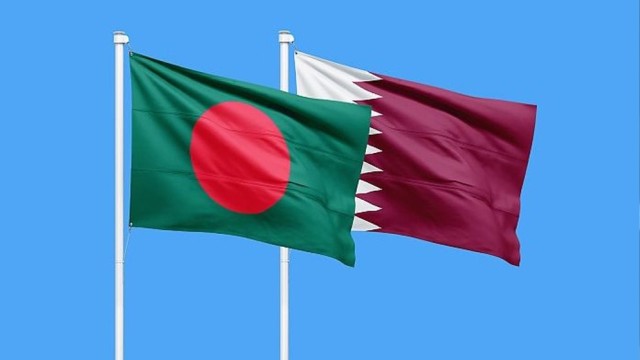





















Comment: